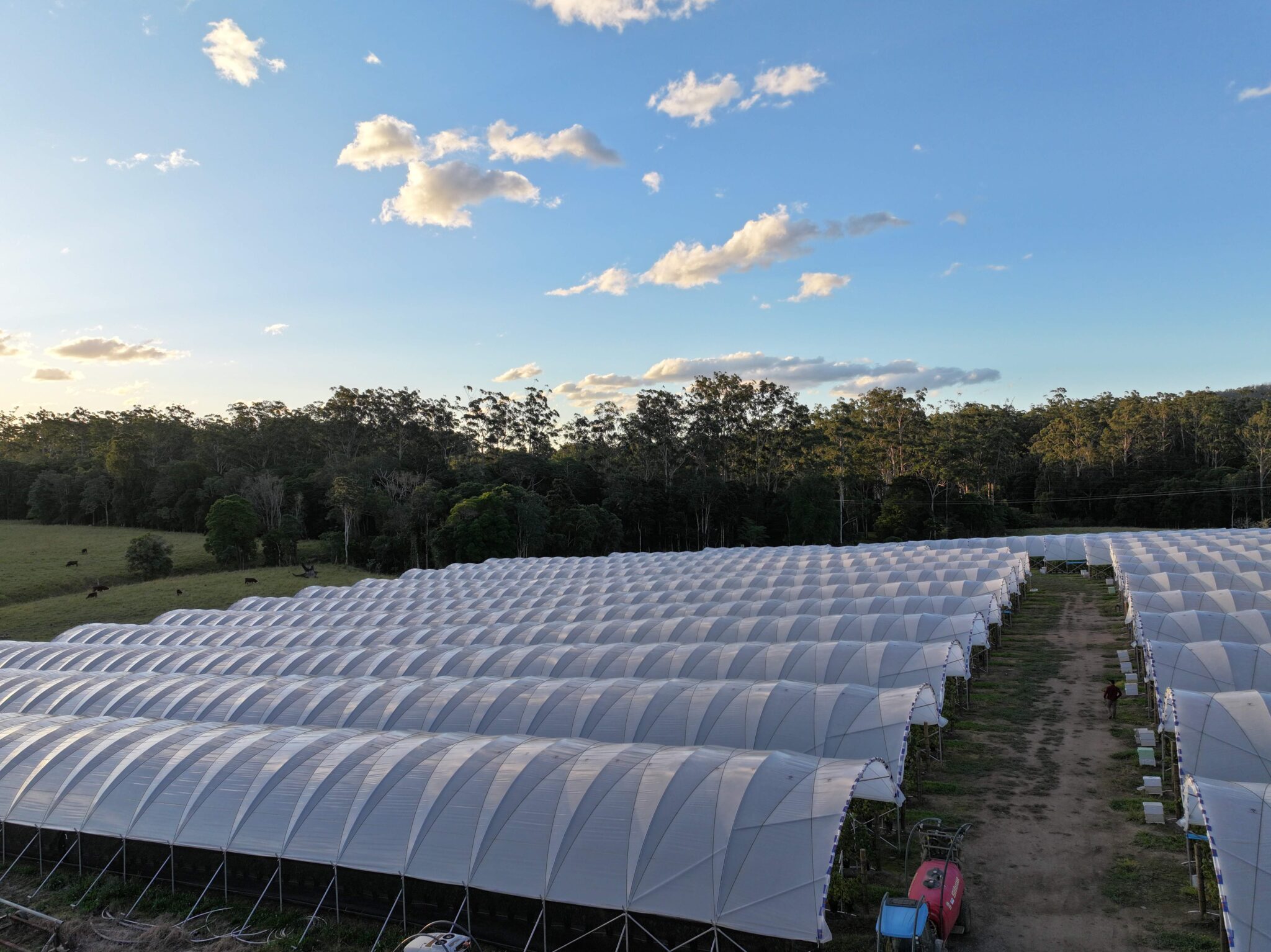Understanding Tunnel Plastic and Its Uses
In modern construction and agriculture, tunnel plastic has become an essential material for enhancing durability and sustainability. This material is widely used in tunnel structures to provide insulation, protection, and improved environmental conditions. Whether in agricultural greenhouses or transportation infrastructure, tunnel plastic plays a significant role in maintaining stability and efficiency.
For agricultural purposes, tunnel plastic is primarily used to cover greenhouses, helping regulate temperature and humidity levels. This ensures that crops receive the optimal growing conditions regardless of external weather changes. Additionally, its application in construction projects provides enhanced waterproofing and protection against environmental elements, extending the lifespan of tunnels.
The Importance of Spanish Tunnels in Modern Infrastructure
Spain is renowned for its innovative engineering and infrastructure projects, with Spanish tunnels playing a crucial role in transportation and agricultural development. These tunnels are designed to improve connectivity and accessibility in the country’s diverse landscapes, making travel more efficient and reducing congestion in urban areas.

In the agricultural sector, Spanish tunnels are widely used for crop cultivation. These structures provide a controlled environment that shields plants from harsh weather conditions, pests, and diseases. When combined with high-quality tunnel plastic, these tunnels become even more effective in enhancing agricultural productivity and sustainability. Farmers rely on these structures to extend growing seasons and maximize yield production.
Benefits of Using Tunnel Plastic in Spanish Tunnels
The combination of tunnel plastic and Spanish tunnels offers numerous advantages, particularly in agriculture and infrastructure. One of the main benefits is the protection it provides against extreme weather conditions, such as heavy rainfall, strong winds, and temperature fluctuations. This protection ensures that crops and construction projects remain intact and function efficiently.
Additionally, tunnel plastic enhances energy efficiency by reducing the need for artificial heating and cooling systems. This makes it a cost-effective solution for farmers and engineers alike. Its lightweight nature also allows for easy installation and maintenance, further adding to its practicality.
The Future of Tunnel Plastic and Spanish Tunnels
With growing advancements in materials and construction technologies, the future of tunnel plastic and Spanish tunnels looks promising. Innovations in plastic production are leading to more sustainable and eco-friendly options that minimize environmental impact while maximizing efficiency. These developments will continue to support agricultural growth and infrastructural expansion worldwide.
Furthermore, governments and private sectors are investing in improving tunnel structures to meet the demands of modern transportation and farming. As sustainability becomes a priority, the integration of durable tunnel plastics in Spanish tunnels will play a significant role in shaping the future of both industries.
Conclusion: The Growing Importance of Tunnel Innovations
The use of tunnel plastic in Spanish tunnels is a testament to the evolving nature of infrastructure and agriculture. Whether used to support transportation networks or enhance greenhouse farming, tunnel plastic has proven to be a valuable asset in ensuring durability and efficiency. As technology continues to advance, the adoption of innovative materials will further strengthen the role of tunnels in global development.